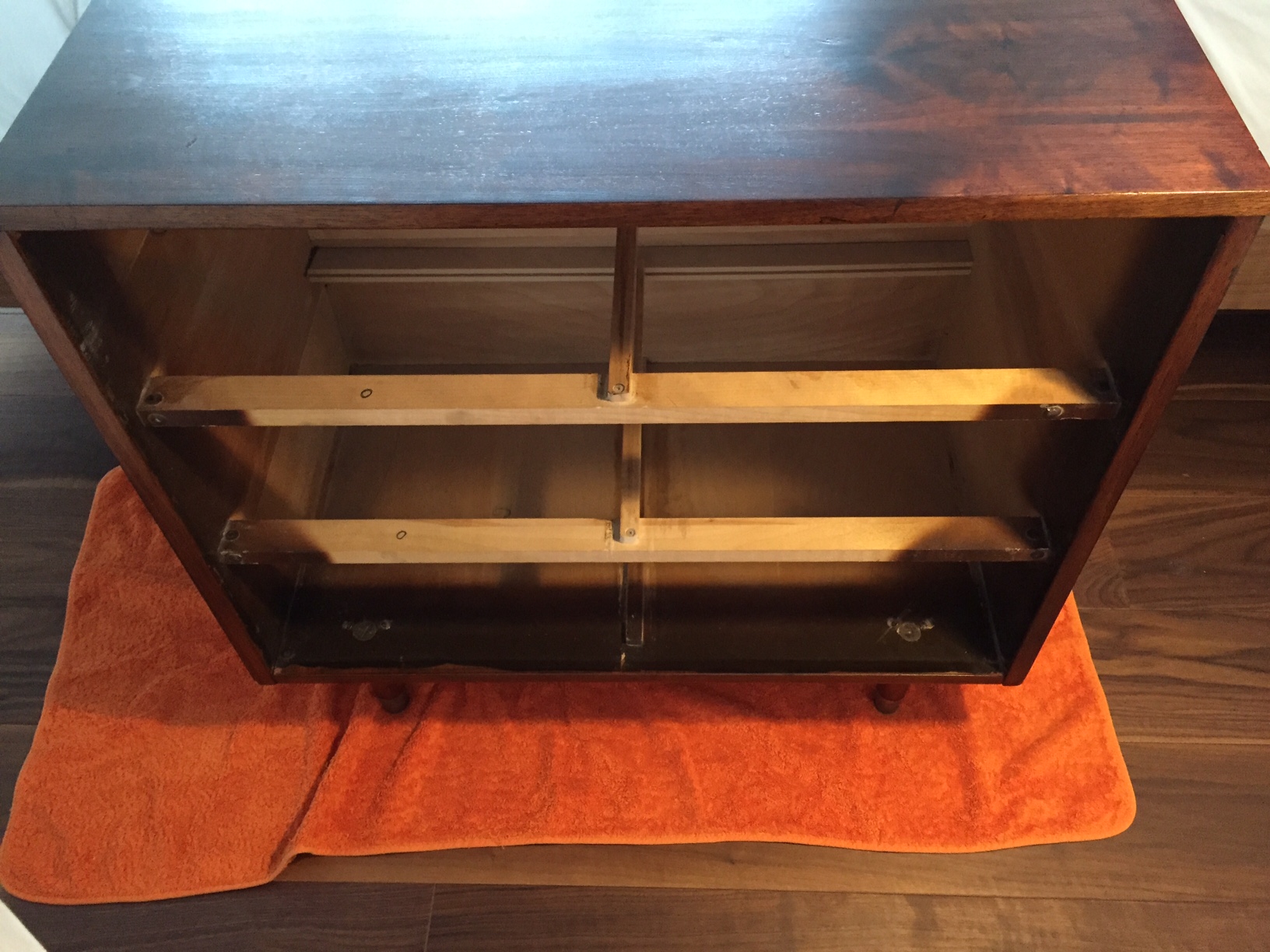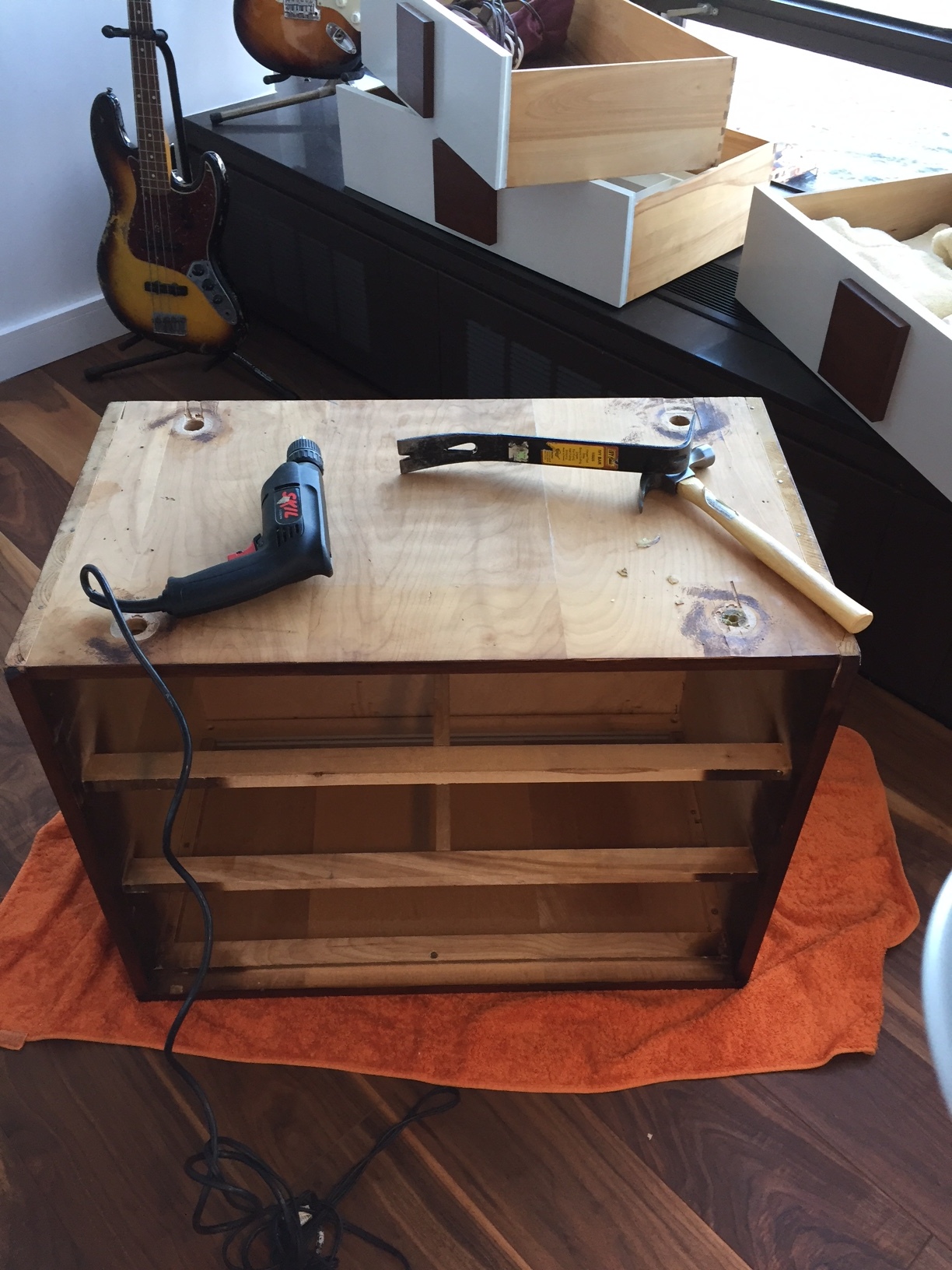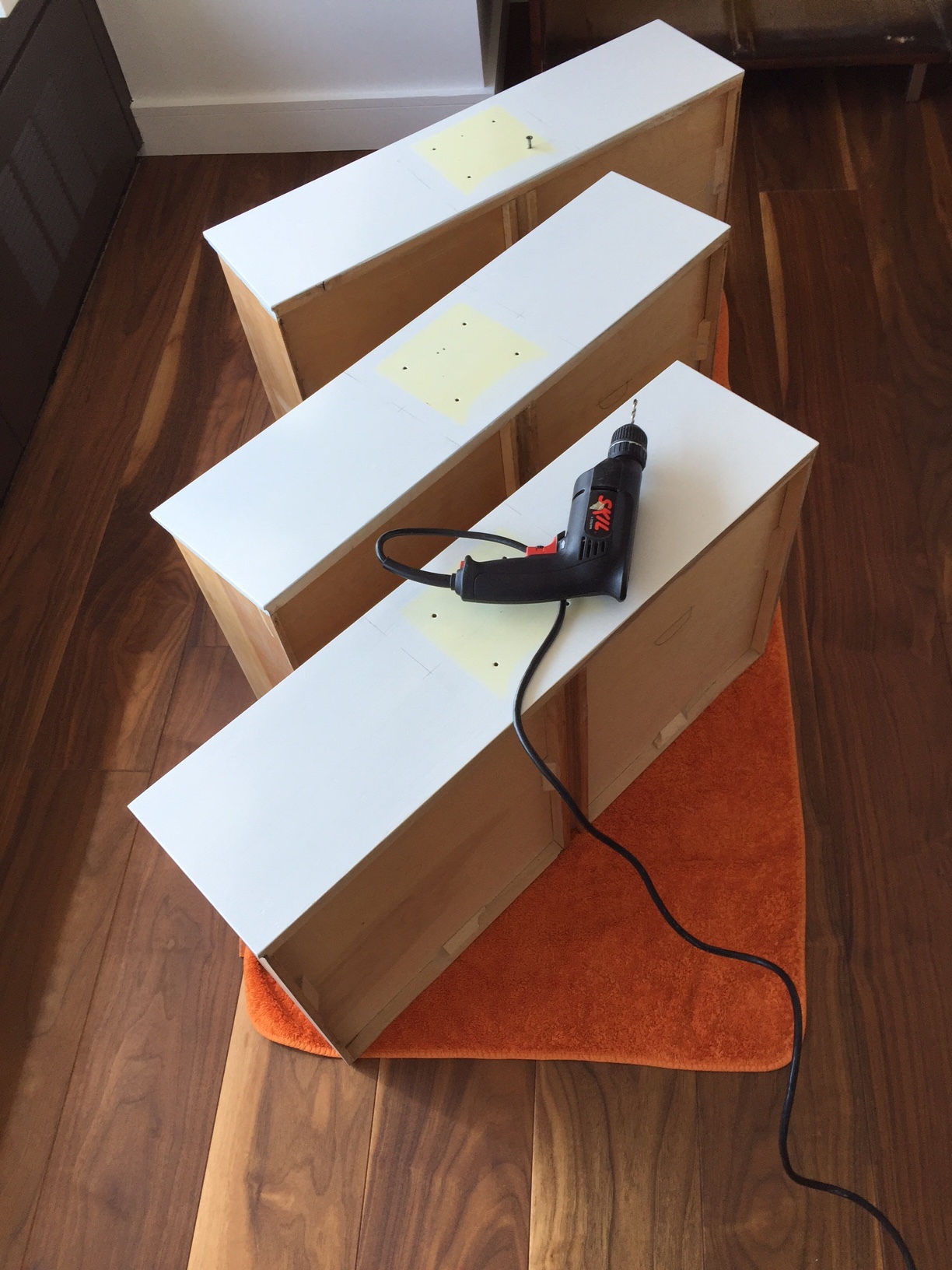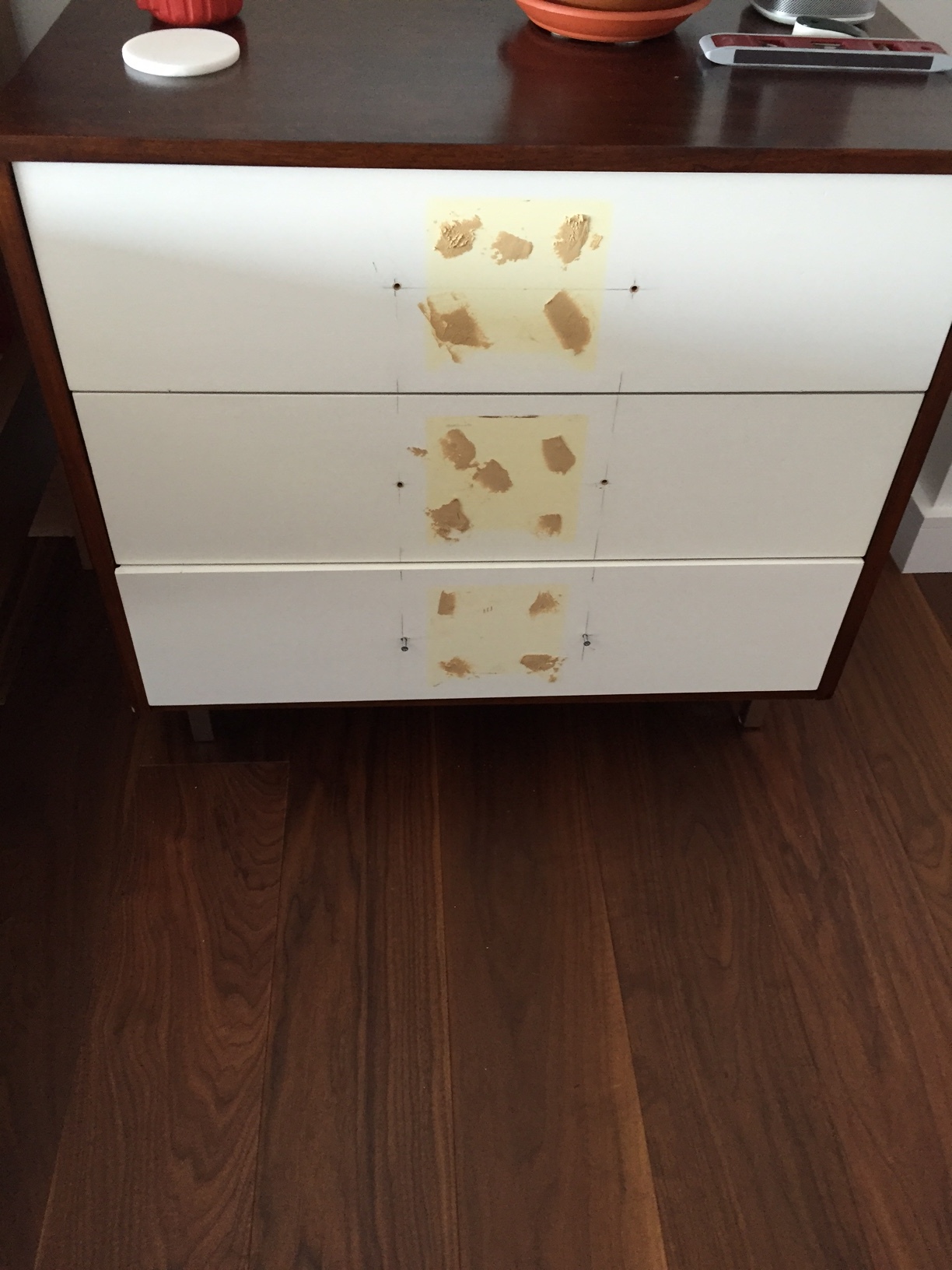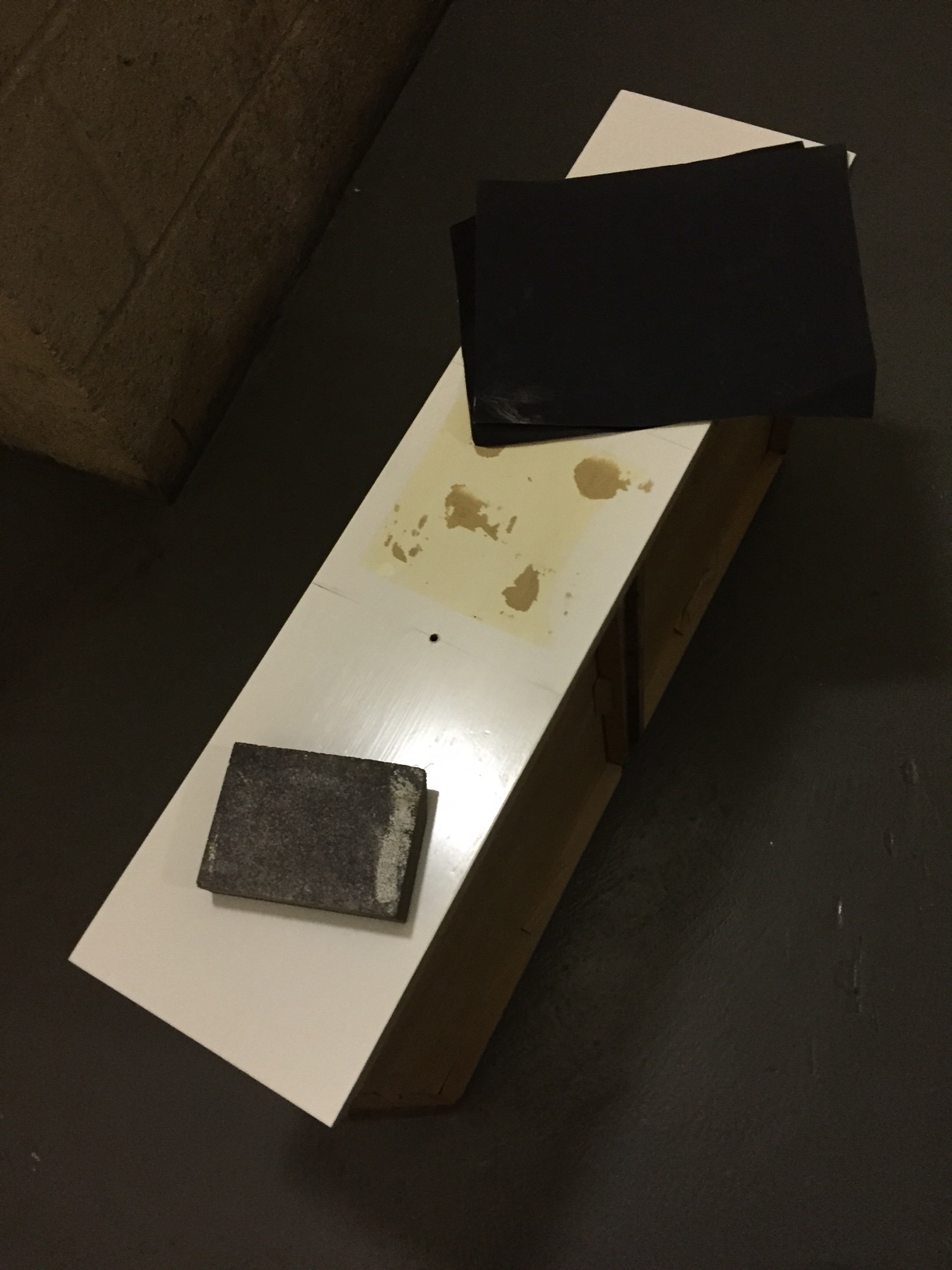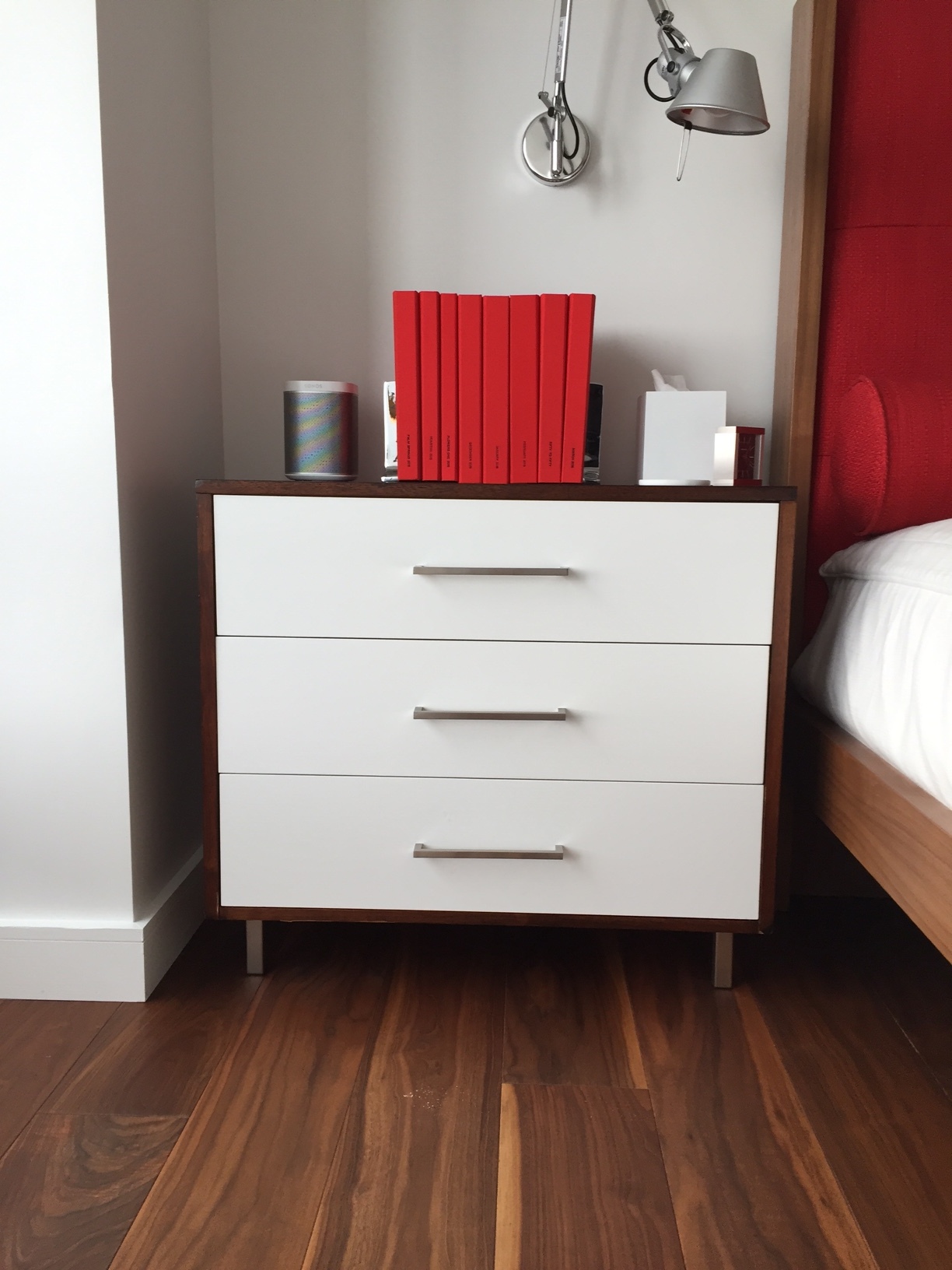You’ve finally closed on that apartment or house. It’s been months of brokers, bankers, lawyers and now you have the keys in your hand.
Most home owners have a good idea of what they need to make a house functional; a place to eat, sleep, watch TV and entertain. However, most of us want more. We want a home that will reflect and satisfy our souls. A home that will provide sanctuary and solace from the outside world where we can be ourselves and be with the ones we love.
In creating your home, whether you decide to work with a design professional or go it alone there are some steps you can take that will help simplify the process and streamline your decisions.
Know yourself:
Identify what you like. What feels comfortable? How would you characterize your style? What catches your eye? Beware of following trends unless they fit your style. If your taste runs towards old world charm, then mid-century modern may not be the best direction.
Know your space:
Taking inspiration from design magazines or TV shows is a great way to get a sense of what’s going on currently in design, but be careful not to force a trend or look that won’t work within your space.
Spaces are a little like fingerprints. No two are exactly alike. Understanding the characteristics of your space will help to inform your design direction. Just like getting dressed, you want to emphasize your best qualities and minimize the lesser. If your room has a fantastic view, a fireplace or beautiful architectural details you want to accentuate those elements and select furnishings that will compliment them.
Make a statement:
Once you’ve identified your look and understand your space then it’s time to formulate a vision. Write down a vision statement or design theme to crystalize your thoughts. It should be a broad enough to capture the look and feel of what you want. Words like airy, glam, cozy, zen, rustic and similar help to evoke a feeling that can be used as design guideposts. It’s a great way to communicate your ideas to your design professional or to help stay on track when presented with too many options.
The prospect of furnishing a room let alone an entire house can be daunting and stressful. By using these three simple steps, the process will be smoother and will help you to make your house your home.



